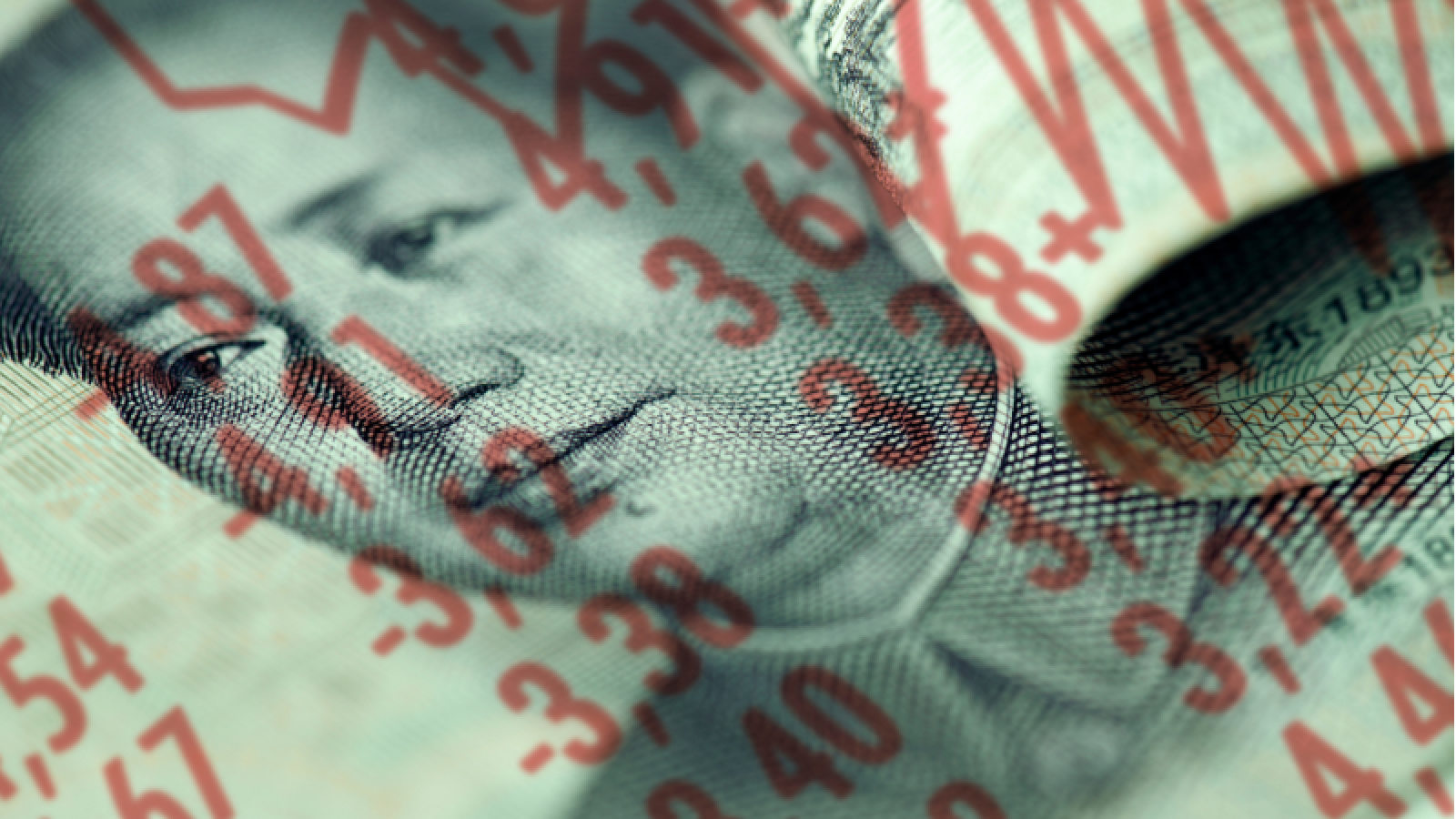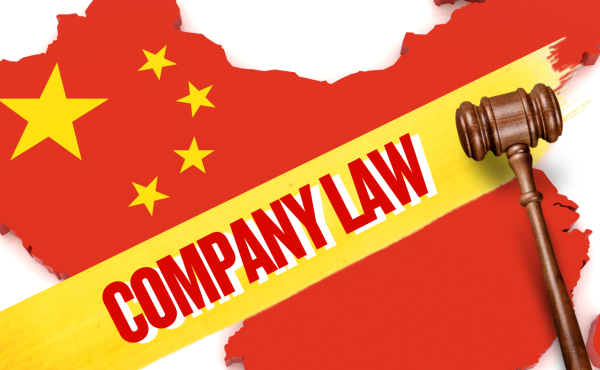
The ECGI blog is kindly supported by

Behind the scenes: The Chinese government's influence on businesses and its impact on valuation
In recent years, changes in government policy and public sentiment have led to global fragmentation and deglobalization. This trend has accelerated since the COVID-19 pandemic and has deepened the disagreements over ideology and values between China and the rest of the world. There is growing concern over the rise of Chinese power and its impact on Chinese businesses, particularly for private firms. In our research studies, my co-authors and I sought to answer two important questions: to what extent are Chinese firms influenced by the party-state, and what is the valuation effect of political influence on businesses?
To answer these questions, we examined the “party-building” reform initiated by the Chinese Communist Party (“CCP”) in 2015. This reform aimed to strengthen the control of the CCP over businesses by requiring state-owned enterprises (SOEs) to amend their corporate charters and include party organizations in their governance system. Our analysis of hand-collected data from the first four years of the reform (2015-2018) revealed that not all SOEs (around 90%) mandated to amend their charters had done so, while some privately-owned enterprises (POEs) (around 6%), which were not targeted by the reform, voluntarily adopted relevant provisions. However, not all amendments were equal, and we found substantial variation in the provisions adopted by firms, both within and across ownership types. POEs mostly adopted symbolic provisions and did not grant party committees substantive governance powers. While charter amendment was commonplace among SOEs, those with large non-state shareholders and those cross-listing their shares on non-mainland stock exchanges were less likely to adopt substantively intrusive charter amendments (see our paper here).
A more recent update on the adoption of party-building provisions, as of December 31, 2022, shows that nearly 37% of publicly listed Chinese POEs have responded to the CCP's call and amended their articles to establish internal party committees. However, less than 5% have adopted more intrusive governance provisions that grant the party committee real power in the firm (see Center for Strategic and International Studies webinar on "How Private Are Chinese Companies?" ). This finding reveals the complexity of political conformity among Chinese companies and has significant policy implications. Another study has shown that party-building is a political renegotiation process, with the CCP regaining control over SOEs by institutionalizing party organizations in business. SOEs that have attempted to resist party orders are high-level, nationally important but less profitable and less internationally competitive SOEs, suggesting that they might suffer from insider-control problems. Even after multiple amendment requests from the party, resistant SOEs have adopted fewer party-building provisions than other adopting SOEs (see paper here). Therefore, when evaluating the level of political influence on Chinese companies, we should pay more attention to the detailed governance provisions adopted in each company's corporate charter, rather than focusing only on the general establishment of internal party committees or the inclusion of general wordings from the CCP charter (see comment to the SEC re Holding Foreign Companies Accountable Act Disclosure).
The second question we explore is the valuation impact of such a reform. We hypothesize that the effect of party-building reform on a firm's valuation depends on the trade-off between the benefits from increased state capture and the costs of state influence in firm governance, and that the enhanced political control costs are mitigated for firms with stronger existing political ties. We use event studies to examine the market responses to the charter amendments and find that the market responded more positively to firms with a higher level of ex ante political influence. We also found that the market reacts negatively when firms elect to adopt charter provisions that allow the CCP to control their personnel decisions. In this study, we introduced a novel and integrated approach to measuring political influence that goes beyond traditional state ownership measurement and identified ex ante political influence as an important factor in corporate valuation (see paper here).
======
By Lauren Yu-Hsin Lin, Visiting Professor of Law at Washington University in St. Louis; Associate Professor of Law, City University of Hong Kong & ECGI Research Member.
If you would like to read further articles on Corporate Governance in Asia, click here
The ECGI does not, consistent with its constitutional purpose, have a view or opinion. If you wish to respond to this article, you can submit a blog article or 'letter to the editor' by clicking here.




